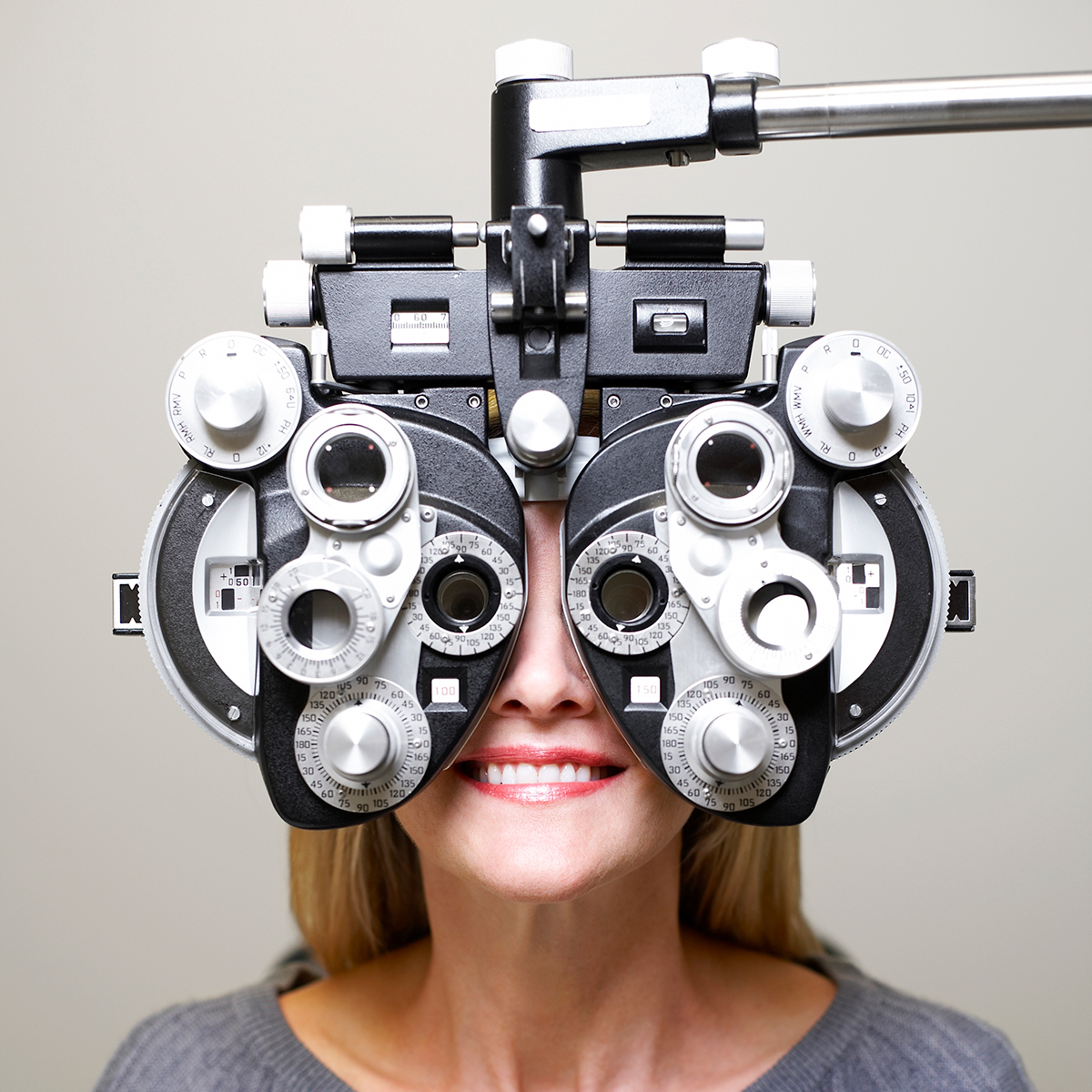We’ve said it before, and we’ll say it again; eating an eye-healthy diet, exercising regularly, and avoiding harmful UV rays are all ways to enhance your eye health at any stage of life. However, while there are many ways you can support better vision, if you are neglecting regular eye exams, you will never achieve your best vision! It is vital for you to receive regular eye exams for a number of reasons, including so you can detect eye conditions early, address your individual risk factors for genetic eye diseases, and practice the best preventative care with the full support of an experienced and knowledgeable eye doctor. If you’re on the fence about scheduling your next eye exam, take a look through some of the key reasons why regular eye exams are essential to enhancing and preserving your vision health.
The Enduring Importance of Early Detection for Eye Diseases
As we get older, our risk for developing eye diseases increases. Unfortunately, it is also true that for some serious eye diseases, symptoms can be hard to detect and hard to distinguish from general age-related eyesight decline. Treatment for eye diseases is most effective when it occurs in the early stages of the disease. When you go in for regular eye exams, your optometrist has the opportunity to check your eyes for signs of common eye problems, such as glaucoma, cataracts, cancer, and macular degeneration, all of which can have detrimental impacts on your vision if not addressed in a timely manner.
During an eye exam, your doctor will be collecting information about the health of your eyes. They will be on the lookout for refractive errors such as astigmatism, changes in vision indicating signs of cataracts or glaucoma, growths or cancer of the eye, and any problems with the muscles of the eye and the surrounding area. It is also important to discuss your family history and general health with your doctor as your eyes may be impacted by and provide insight into other conditions such as diabetes, autoimmune disorders, and high-blood pressure. The eyes can serve as a window into your health, so it’s best to discuss everything with your knowledgeable eye doctor during your appointment.
Prevention is Worth It’s Weight in Gold!
Your best resource for eye vision health is your eye doctor. When you visit an optometrist regularly, you will be able to learn more about early intervention procedures and lifestyle adjustments you can make to address your specific eye problems. Your doctor will take into account your family history, daily activities, and the results of your vision tests to recommend different approaches to your eye health. If you have prescription glasses or contact lenses, they will also make sure you are using them properly and do not need to make any adjustments to your prescription. Be sure to ask about resources for an eye-healthy diet as well as recommendations for sunglasses!
Eye Health Is About More Than Vision Correction
Many people incorrectly assume that eye exams are mostly for vision correction purposes. While it is true that your optometrist will be evaluating your vision acuity and function during your eye exam, they will also perform a range of tests to ensure your eyes are healthy and disease free. Some of the tests performed may include:
- Visual acuity – The gold standard for understanding the accuracy of your vision. You may read letters from a chart that get progressively smaller from far away, covering one eye and then the other.
- Visual function – Beyond how well you see, the eye doctor might also test your visual function which can include things like color blindness, side vision, depth perception, and eye muscle movements.
- Keratometry or topography – During these tests, a doctor will measure the curvature of the cornea to create a map. This can be used for eye surgery or to fit contact lenses.
- Ophthalmoscopy – Your eyes will be dilated to give your provider a better view of your retina, cornea, lens, optic nerve, and blood vessels.
Examining Your Risk Factors and Knowing How Often to Visit the Eye Doctor
Not everyone has the same risk when it comes to developing eye diseases! It’s important to understand your risk factors so you and your doctor can work to establish the best schedule for your eye exams. Keep in mind that if you have any of the following risk factors, please discuss them with your eye doctor or optometrist:
- Being over the age of 40
- Family history of eye diseases
- Chronic health conditions such as diabetes
- Past eye diseases, injuries, or eye surgeries
- Contact lens or eye glass wearer
- Anyone working in a profession that may be hazardous to the eyes or requires strong visual performance
For most adults between the ages of 18-39 without any risk factors, getting eye exams at east every two years, and sometimes up to every three years, is generally okay, unless a higher frequency has been recommended by your doctor. For adults aged 40 to 64, getting an eye exam at least every two years and every year for those with higher risk factors is recommended. For those over age 64, the American Academy of Ophthalmology suggests getting a comprehensive eye exam every year, even if no signs or symptoms of any condition exist.
Your sight is important to your overall health, and we would be delighted to help you obtain your best eye vision health. Schedule an eye exam today with any one of our talented eye care professionals, today.
